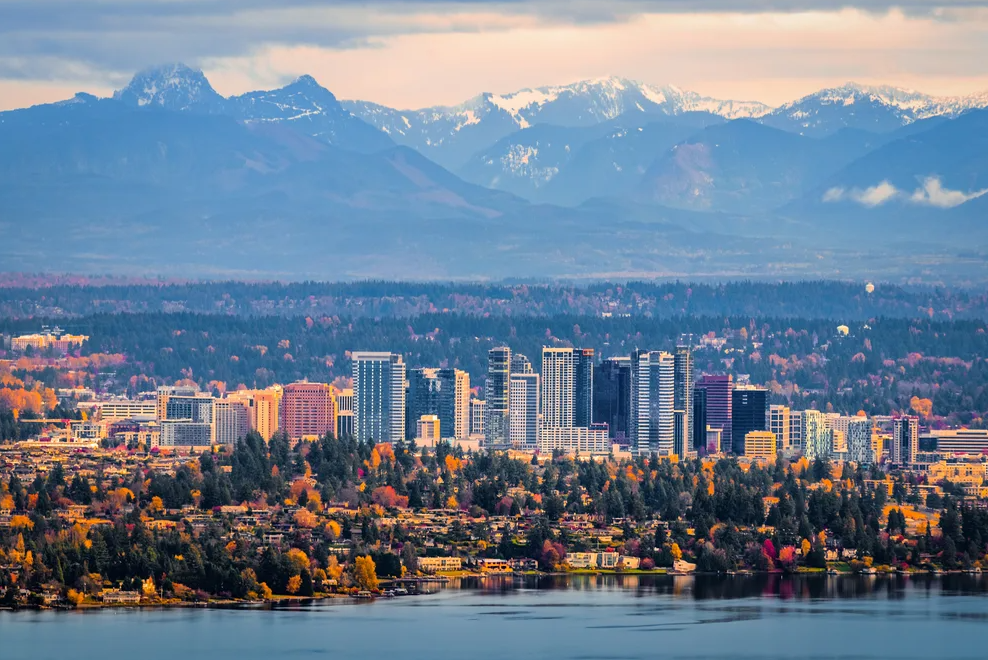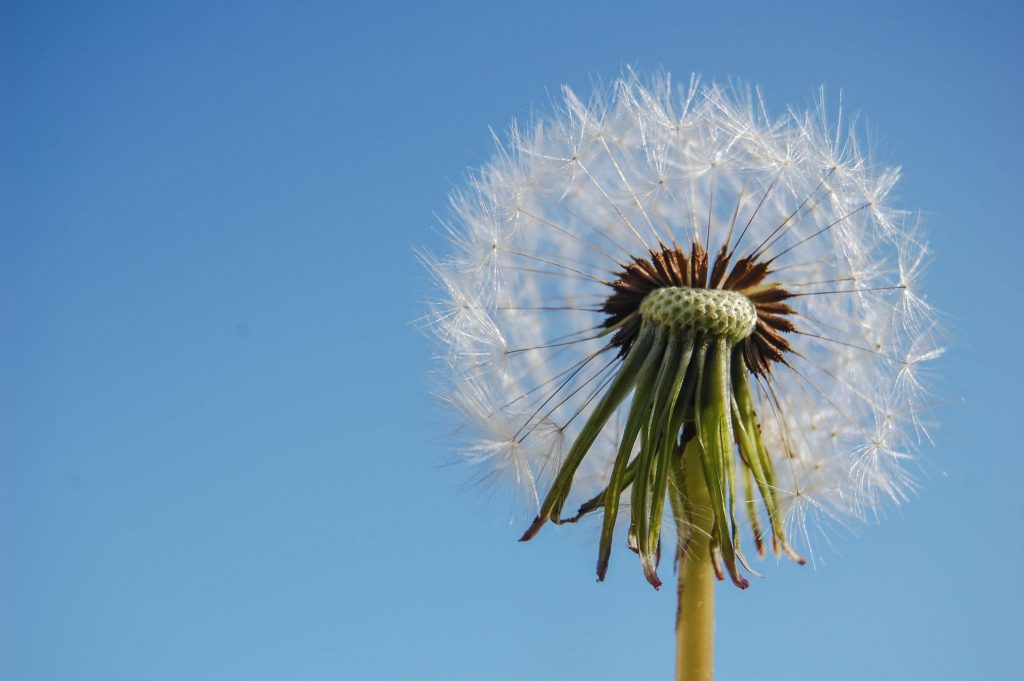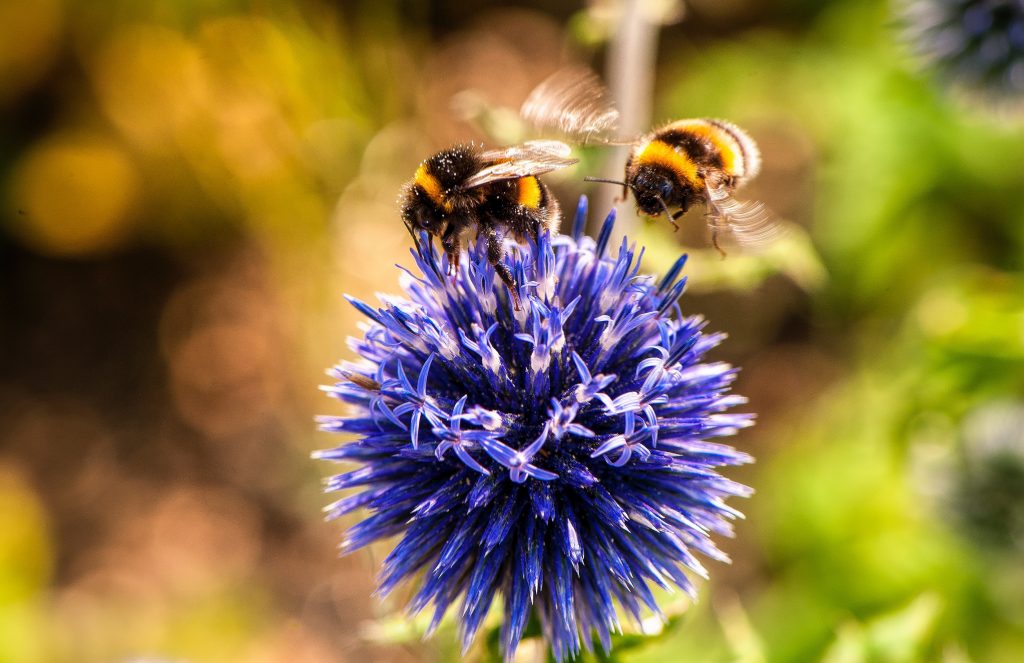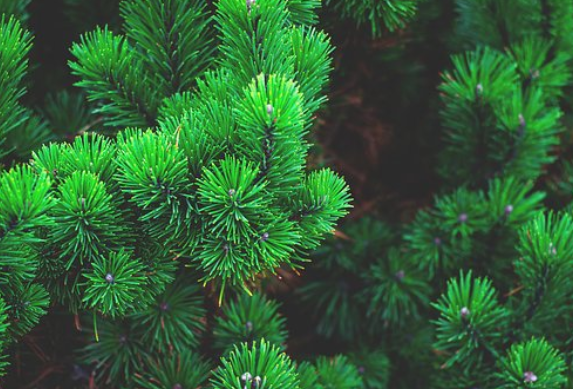The reason why local news providers have regular updates on pollen counts each spring is that millions of Americans suffer from allergies caused by pollens from trees, grass, and weeds.
Pollens are fine powders that are transported from plant to plant by the wind and animals like birds and insects. This spread of pollens helps fertilize plants, this is how nature works. The downside is that those people allergic to pollens will suffer in these seasons.
As said earlier, there are three major groups of pollen that cause these seasonal allergies: pollens from trees, grass, and ragweeds. Trees pollinate in the spring. Grass pollinate in the summer. While weeds pollinate in the fall.
Pollens from these floras are a common cause of hay fever symptoms and asthma flares. Symptoms such as runny nose, sneezing, and watery and itchy eyes may occur depending on what type of pollen you are allergic to.
Severe Allergens in Spring
In springtime, which is being in March, April, and May, these plants are significant allergens in King County, WA that may cause allergies.
Trees
- Black Walnut
- Coastal Willow
- European Privet
- Geyer’s Willow
- Green Ash
- Mackenzie’s Willow
- Northern Red Oak
- Oregon Ash
- Oregon White Oak
- Pacific Poison-Oak
- Scouler’s Willow
- Sitka Willow
- White Willow
Weeds
- Annual Ragweed
- Biennial Wormwood
- Black Mustard
- Chinese Mustard
- Coastal Wormwood
- Halberd-Leaf Orache
- Rape (Brassica rapa)
- Silver Burr-Ragweed
- Upright Pellitory
- White Sagebrush
Grasses
- Common Timothy
- Large Sweet Vernal Grass
- Orchard Grass
- Perennial Rye Grass
- Prairie Koeler’s Grass
- Red Fescue
- Soft Brome
- Spreading Bent
Severe Allergens in Summer
In summer, which is being in June, July, and August, these plants are significant allergens in King County, WA.
Trees
- Big Sagebrush
- Black Walnut
- Border Privet
- California Privet
- European Privet
Weeds
- Annual Ragweed
- Biennial Wormwood
- Black Mustard
- Chinese Mustard
- Coastal Wormwood
- Common Wormwood
- Halberd-Leaf Orache
- Mat Amaranth
- Oldman
- Rape (Brassica rapa)
- Rough-Fruit Amaranth
- Silver Burr-Ragweed
- Three-Fork Wormwood
- White Sagebrush
Grasses
- Black Bent
- Colonial Bent
- Common Timothy
- Corn
- Large Sweet Vernal Grass
- Orchard Grass
- Perennial Rye Grass
- Prairie Koeler’s Grass
- Red Fescue
- Soft Brome
- Spreading Bent
Severe Allergens in Fall
In summer, which is being in June, July, and August, these plants are significant allergens in King County, WA.
Trees
- Big Sagebrush
- California Privet
Weeds
- Annual Ragweed
- Biennial Wormwood
- Black Mustard
- Chinese Mustard
- Common Wormwood
- Halberd-Leaf Orache
- Mat Amaranth
- Oldman
- Rape (Brassica rapa)
- Rough-Fruit Amaranth
- Silver Burr-Ragweed
- White Sagebrush
Grasses
- Colonial Bent
- Common Timothy
- Corn
- Orchard Grass
- Perennial Rye Grass
- Prairie Koeler’s Grass
- Spreading Bent
How to Avoid Pollen Allergies
To avoid pollen allergies, monitor the pollen counts daily and avoid going out on high pollen count days. If you can’t avoid going on these days, wear sunglasses and a hat to keep the pollen out of your eyes and hair. Wash your hair before retreating to bed or take a shower and change your clothes when you get back home. Irrigating the nose can also help remove the pollens.
Keep your windows closed during the pollen season – this applies to your home and car.
You can also start taking allergy medication before the pollen season begins. There are over-the-counter and prescription nasal sprays and oral medications for pollen allergies.
Limit your contact with pets that spend a lot of time outdoors.
We had a mild winter this year, and so the pollen season arrived earlier than usual. The tree pollen counts are going to be high, and they have already started.
When it comes to seasonal allergies, it’s best to be proactive and keep a consistent treatment plan to avoid or manage your symptoms.
If you have questions regarding what’s best for you, consult your primary care provider.
Or you can contact our clinic for a consultation. Do visit olympiaallergy.com to schedule an appointment.





